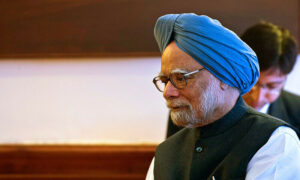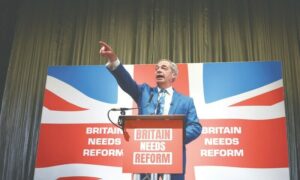“Credibility is the currency in the public relations profession.” This fundamental truth was at the heart of my recent session with the MBA students of the Institute of Business Administration’s Communications & Advocacy for Businesses course. I had the privilege of engaging with a group of bright, aspiring professionals, guided by their course instructor, Hussain Ali Talib, Head of External Affairs at Unilever Pakistan. The session centered on the ethical foundations of public relations, an area I firmly believe is the cornerstone of our work in this field.
Honesty and transparency are not merely ideals we strive for in PR; they are essential standards for building trust and maintaining credibility. In an age dominated by misinformation and disinformation, these principles are more crucial than ever. As aspiring PR professionals, I hoped my words would leave a lasting impression on the students as they prepare to embark on their professional journeys.
The key to succeeding in public relations lies in prioritizing ethical conduct above all else. During the session, I outlined several key principles that guide me in navigating the complexities of our profession with integrity:
Prioritize accuracy over speed: In our fast-paced world of communications, it’s easy to rush out messages, but accuracy must always come first. A hasty message lacking precision can spread misinformation and damage an organization’s reputation.
Never communicate anything externally that you do not fully understand or believe: This ensures that PR professionals speak with confidence, presenting only the facts and positions they can fully support.
Focus on delivering value rather than just driving engagement: Engagement metrics can sometimes be deceiving. True PR success lies in delivering meaningful value to the audience, which fosters stronger, more lasting connections.
Knowledge exchange cultivates strong professional relationships: One of the most powerful aspects of the PR profession is its reliance on knowledge-sharing. By both learning from and contributing to others’ knowledge, PR professionals can form strong, long-term, mutually beneficial relationships.
Transparency in communications builds trust and credibility: Throughout your career, transparency is essential. Clear, open communication fosters trust and is the bedrock upon which credibility is built.
Stand by your values, even in difficult times—integrity is your greatest asset: This point is especially close to my heart. Staying true to one’s core values, even when faced with challenges, is what leads to long-term success in PR.
Listen more than you speak; understanding your stakeholders enhances your ability to connect: Successful PR is not just about delivering messages; it’s about understanding your audience and their needs and concerns.
Admitting when you don’t have all the answers shows maturity and reinforces trust: Acknowledging our limitations demonstrates honesty and maturity—key ingredients for building trust and credibility in the PR world.
Be honest when mistakes happen, and take responsibility—accountability is key: Owning up to mistakes and learning from them is a cornerstone of ethical practice in PR.
The real magic of PR happens when your relationships protect your interests even in your absence: This is where sincerity is paramount. Genuine, heartfelt relationships are the foundation of success in the PR industry. When relationships are built on sincerity, they can endure even when you’re not there to guide them.
These are not merely professional tips; they are life lessons on integrity, transparency, and the power of ethical conduct. I hope my words have left a lasting impact, shaping the future careers of these aspiring PR professionals.
I’m deeply grateful to have had the opportunity to share my insights with the students. The importance of ethical practice in public relations will stay with me—and, I hope, with them—throughout our careers. A special thanks to Hussain Ali Talib and the Institute of Business Administration for facilitating this session.







